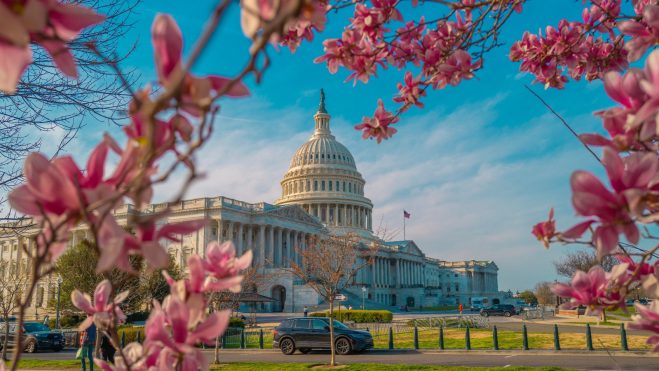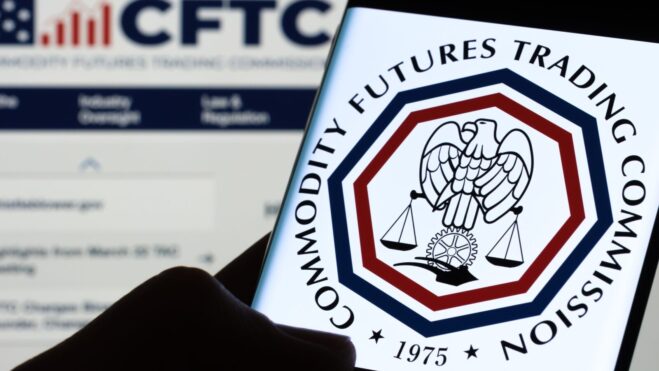Third California Tribe Speaks Out Against Anti-Sweepstakes Bill
The Sherwood Valley Band of Pomo Indians has now come out swinging against banning sweeps
2 min

A third tribe in California has come out against a bill that would ban sweepstakes gaming operators in the state.
The Sherwood Valley Band of Pomo Indians, in a letter to state’s Senate Appropriations Committee, joins Big Lagoon Rancheria and Kletsel Dehe Wintun Nation of the Cortina Rancheria Tribe — which inked a deal with sweepstakes operator VGW — in speaking out against AB 831.
“On behalf of the Sherwood Valley Band of Pomo Indians, we respectfully oppose AB 831,” wrote Buffey W. Bourassa, the secretary of the tribe. “This bill lacks the alleged unanimous support among California tribes, has advanced without meaningful consultation of broader tribal interests, and threatens our inherent right to create legitimate revenue streams to support our people.”
AB 831 cleared the Assembly Appropriations Committee on Aug. 18 with unanimous support and was placed into the panel’s “suspense file.” According to the committee’s FAQ, measures in that file are taken up in a “vote-only Suspense Hearing … prior to the deadlines for fiscal committees to hear and report bills to the Senate floor.” The bill had earlier advanced unanimously through both the Public Safety Committee and the Governmental Organization Committee.
SVR-Opposes-AB-831“For tribes like ours operating in rural Northern California communities, traditional economic development faces significant challenges,” Bourassa continued. “While we have established gaming operations, smaller tribal enterprises like ours often lack the scale and resources of large, well-established gaming operations that dominate prime markets. Policies such as those proposed in AB 831 restrict emerging digital commerce opportunities that could provide essential supplemental revenue streams, effectively limiting the economic diversification options available to tribes like ours to the advantage of wealthier tribes aligned with powerful gaming interests.”
Third time’s a charm?
This language mirrors what Virgil Moorehead, the Big Lagoon Rancheria tribal chair, wrote earlier this week to the Senate committee.
“AB 831 will eliminate business opportunities for various tribes by locking them out of emerging digital business sectors, without offering any offsetting benefits,” Moorehead wrote in part. “This will impact tribes that do not have the geographic benefit of being able to operate large gaming casinos.”
Last week, Kletsel Dehe Wintun Nation of the Cortina Rancheria Tribe put its money where its mouth is in partnering with VGW.
“We are delighted to enter into this partnership with KEDA [the Kletsel Economic Development Authority] and look forward to working together to ensure economic opportunities well into the future,” said VGW CEO and founder Laurence Escalante. “We’ve operated in North America for more than a decade, creating not only great games, user experiences, and entertainment but ensuring this is done safely, responsibly, and at the highest level of standards — in line with our core value of ‘we do what’s right.’”
In its current form, AB 831 reads:
The bill would make an unfair practice using or offering games of these types that use a system of payment that allows a person to play or participate in a simulated gambling program for direct or indirect consideration, as specified, and for which the person playing the simulated gambling program may become eligible for a prize or award, cash or cash equivalents, or a chance to win a prize or award, or cash or cash equivalents, in a business establishment, on the internet, or using an online application. The bill would specify that these provisions do not make a game that does not award cash prizes or cash equivalents unlawful.






